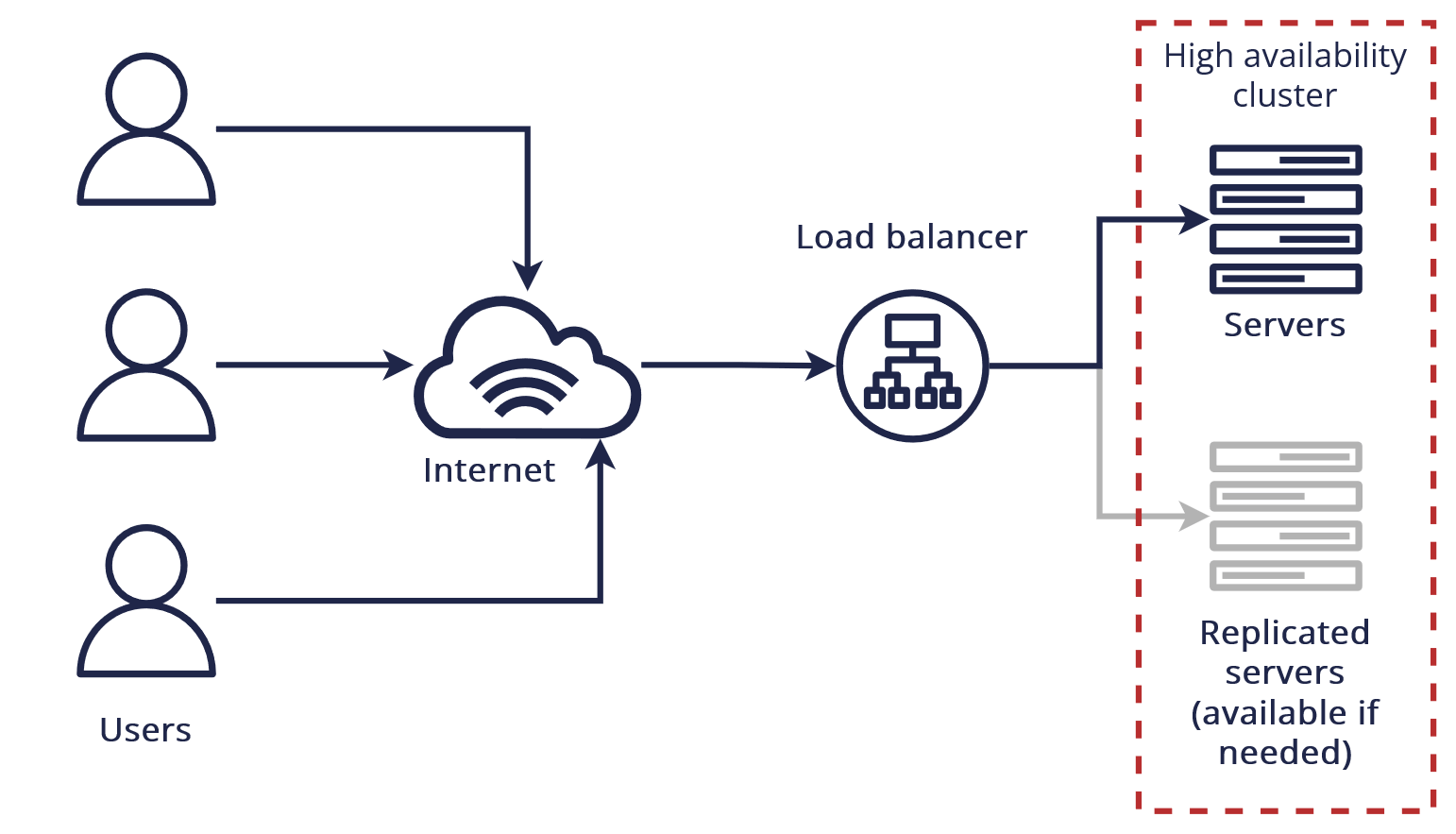When it comes to transforming your vision into a beautiful reality, hiring the ideal architect is one of the key steps you can take. An architect goes beyond design; they are the connection between concepts and execution, transforming your dreams into workable plans. If you are embarking on a novel construction project, revamping an existing space, or simply wishing to examine design options, knowing how to evaluate when selecting an architect can make all the difference in achieving a positive outcome.
Choosing the right architect requires evaluating key characteristics that align with your project’s specific requirements. From creativity and technical skills to communication and project management, the perfect architect will possess a mix of traits that not only align with your vision but also promote a collaborative working relationship. Understanding these essentials will allow you to make a more informed decision, ensuring that your investment leads to the fulfillment of your architectural dreams.
Key Qualities of a Great Architect
As you think about the qualities to seek in a prospective architect, a key attribute is exceptional communication skills. A great architect should be skilled at listen to your thoughts and feedback, translating them into a design that reflects your vision. architectural design ensures that there is mutual understanding throughout the process, preventing misunderstandings and ensuring that your expectations are met.
Another essential quality is creativity paired with practicality. An architect should know how to think outside the box, coming up with original designs that are one-of-a-kind and aesthetically pleasing. However, commercial architecture must be balanced with an understanding of functionality and the pragmatic factors of construction. A great architect can design spaces that not only look good but are also functional and efficient.
Finally, a robust portfolio is crucial when assessing an architect’s capability. Reviewing their previous designs can provide insight into their design style, technical skills, and the variety of their expertise. Look for projects that resonate with your desired aesthetic and purpose, as a well-rounded architect will have successfully tackled a variety of architectural challenges. This gives you confidence that they can handle your specific project effectively.
Essential Questions to Ask
When hiring an architect, inquiring the right questions can significantly affect your project's success. Commence by asking about their expertise with projects comparable to yours. Ask for examples of past work and testimonials from clients who have undertaken similar projects. Getting to know themselves with your specific architectural style and needs can help ensure that they can convert your vision into reality efficiently.
Another key area to explore is their design approach and approach to projects. Question how they value functionality versus aesthetics and how they incorporate sustainability into their designs. It is vital to assess whether their design principles match with your own tastes and values, as this can foster a smoother collaborative environment throughout the project.

In conclusion, don’t overlook the practical aspects of working with an architect. Ask about their commitments, project timeline, and fee structure. It’s important to understand how they organize their workloads and whether they can commit to the timeline you desire. Additionally, discussing how they handle budget constraints and unexpected challenges will give you insight into their professionalism and reliability, which will aid you in making a well-informed decision.
Common Yellow Flags When Hiring
When considering an architect for the project, it's crucial to be mindful of alert signs that may indicate potential issues. One significant serious flag is poor communication. If an architect is non-responsive to the inquiries or is unable to explain their design concepts effectively, it can result to misunderstandings and ultimately influence the results of your project. An architect should be both knowledgeable but also able to convert ideas into actionable plans while staying you updated throughout the process.
Another factor is a deficiency of relevant experience. If an architect does not have a portfolio that displays projects similar to yours, it may be a sign they are not fit for the specific needs. Experienced architects understand the nuances of various project types and have the skills to handle the challenges you may face. Always request to see previous work to assess their expertise and style, ensuring that it aligns with your vision.
Lastly, watch for discrepancies or vague information regarding fees and contracts. If an architect is reluctant to provide a specific fee structure or is vague when discussing project timelines, it could lead to unexpected costs and delays down the line. A trustworthy architect should be transparent about all aspects of their services, allowing you to make educated decisions without unexpected surprises.
